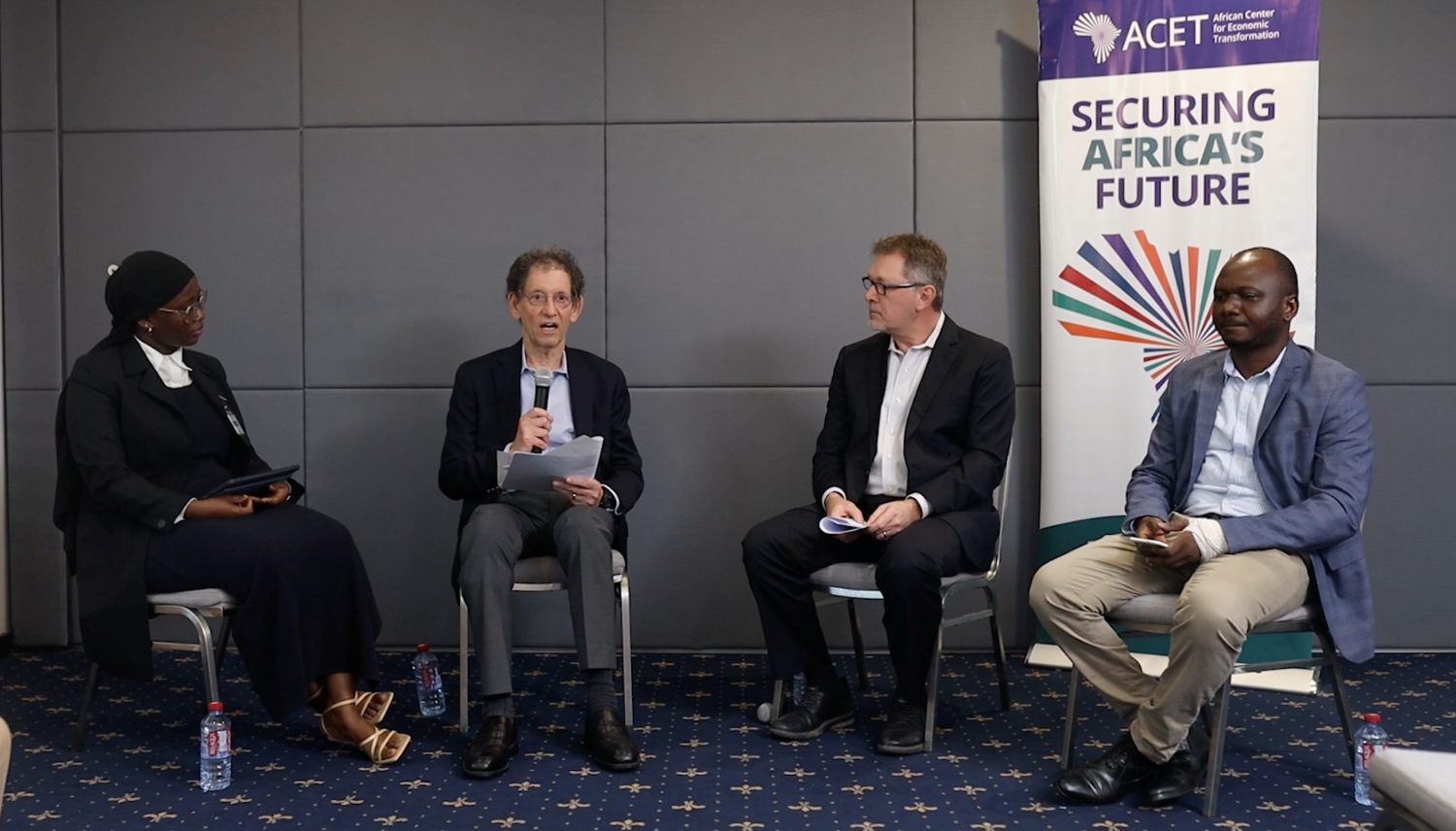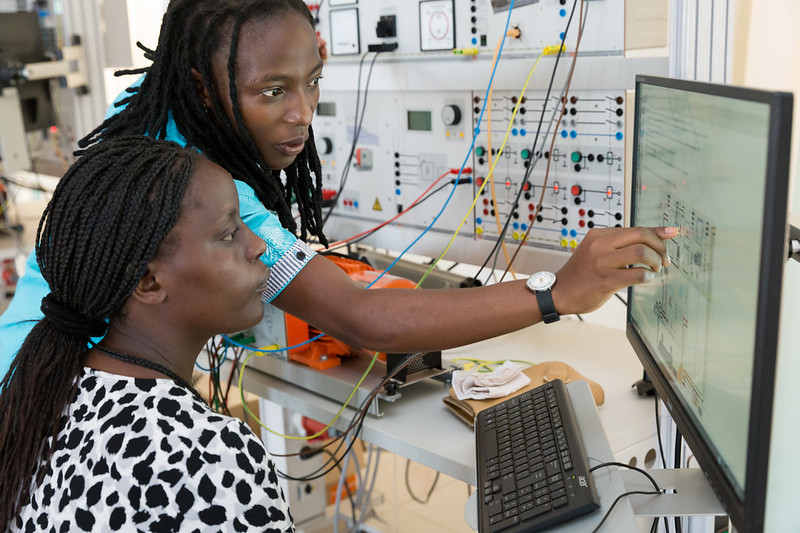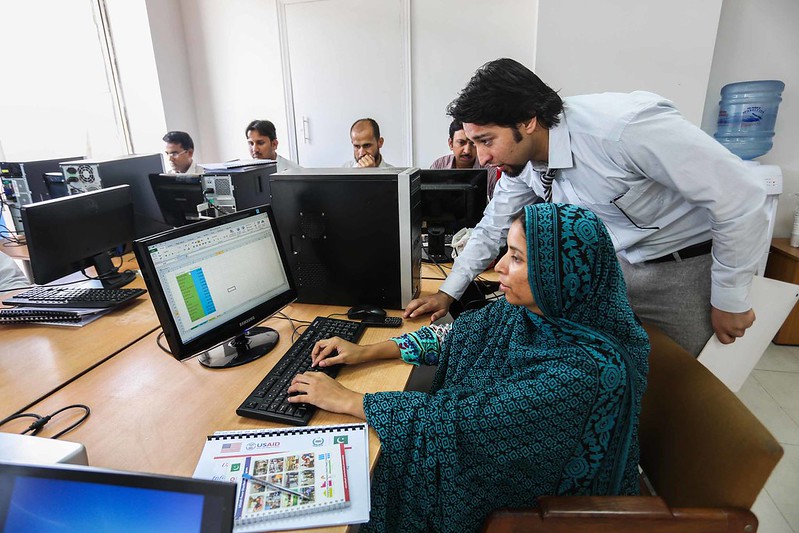This is a joint post with Julia Clark. Pakistan’s ahead of the pack.Why? It’s National Database and Registration Authority—
NADRA, the agency in charge of national identification—recently announced that it will begin
issuing identity cards to orphans with unknown parentage; those without birth certificates or other documentation. This move effectively ensures citizenship rights for children who would otherwise have been excluded under regulations that require proof of nationality and parental lineage to obtain an ID card.As we have noted
before, inclusive identification can be a boon for development by facilitating access to a host of political and economic rights and services. The issue of birth registration is particularly important: undocumented people beget undocumented people, continuing the cycle of exclusion. No ID? No access to bank accounts, formal employment,
voting booths, etc.Yet official identification is also normally linked with citizenship; in order to register undocumented people you must tolerate some level of uncertainty about their background. This is a politically sticky issue to begin with, and it becomes even more complicated when social, ethnic, and religious identities overlap with national ones. Providing robust identification to some but not others
leads to exclusion. But it is an issue that must be dealt with:
UNICEF estimates that, as of 2000, some 40 percent of children in the developing world had not been registered at birth.India has attempted to circumvent the citizenship problem by decoupling its
pioneering unique identity project from nationality (it covers all residents with no reference to country of origin or legal status). But this may simply delay the issue or limit the scope of the ID (there are some services, like voting, where you need to separate out citizens). “Birth amnesty” policies—providing identification or late birth certificates to children who lack prior documentation—appear to be the only viable alternative for addressing the massive
identity gap in many countries.In this instance, Pakistan’s new policy is at the vanguard. The rights of children trump concerns over the inclusion of “non-citizens” (and
religious complexities too). Surprised? We’re not.NADRA is a “
pocket of productivity” within a sea of dysfunction. Created in 2000, the agency began a civil registration project that has grown into a highly sophisticated biometric database of 96 million citizens and counting. It appears to be relatively well-managed and uncorrupt; enough to gain the confidence of both internal and external actors. Locally, NADRA provides services to other government agencies (like identity cards and passports, and transport fees). It has also exported its technical innovations abroad (e.g., producing passports in Kenya and driver’s licenses in Bangladesh). And—despite its security-driven origins—NADRA is committed to national development.Under the motto “empowerment though identity,” the agency has played an important role as a development actor. NADRA’s system and services are central to the Benazir Income Support Program (
BISP), a highly successful initiative that provides cash transfers to some 5.5 million families; with spin-off projects to assist refugees, IDPs, and others. The Pakistani government was able to make
direct cash payments to 2 million flood victims in 2010 using the NADRA database and Visa cards. In 2012, it began preparing
voter rolls for the electoral commission, and launched a new
smart national ID card, which can be used for specific services (transfers, pensions, etc.) as well as general identification.Why does NADRA work? Can other countries with identification gaps follow Pakistan’s lead? These are questions that beg deeper research. According to the organization itself, independence allows NADRA to “facilitate good governance.” Administrative and financial autonomy is undoubtedly part of the equation; but it’s likely that other organizational characteristics—
leadership,
staff, purpose, etc.—and contextual factors—like national institutions and political economy—also play a role in its relative productivity (again, see
this paper). And NADRA is not the only case we’ve seen where an identification authority functions as a relatively effective, reputable agency in a wider context of bureaucratic inefficiency and mistrust. Peru’s civil registry (
REINIC) is another example: a
2006 survey found that
people put more faith in REINIC than in the Catholic Church.Understanding how and why institutions like NADRA and REINIC succeed and gain trust could help inform the
growing number of high-tech national identification projects in poorer countries.A pocket here, a pocket there, and pretty soon you’re talking real development!
CGD blog posts reflect the views of the authors, drawing on prior research and experience in their areas of expertise.
CGD is a nonpartisan, independent organization and does not take institutional positions.





